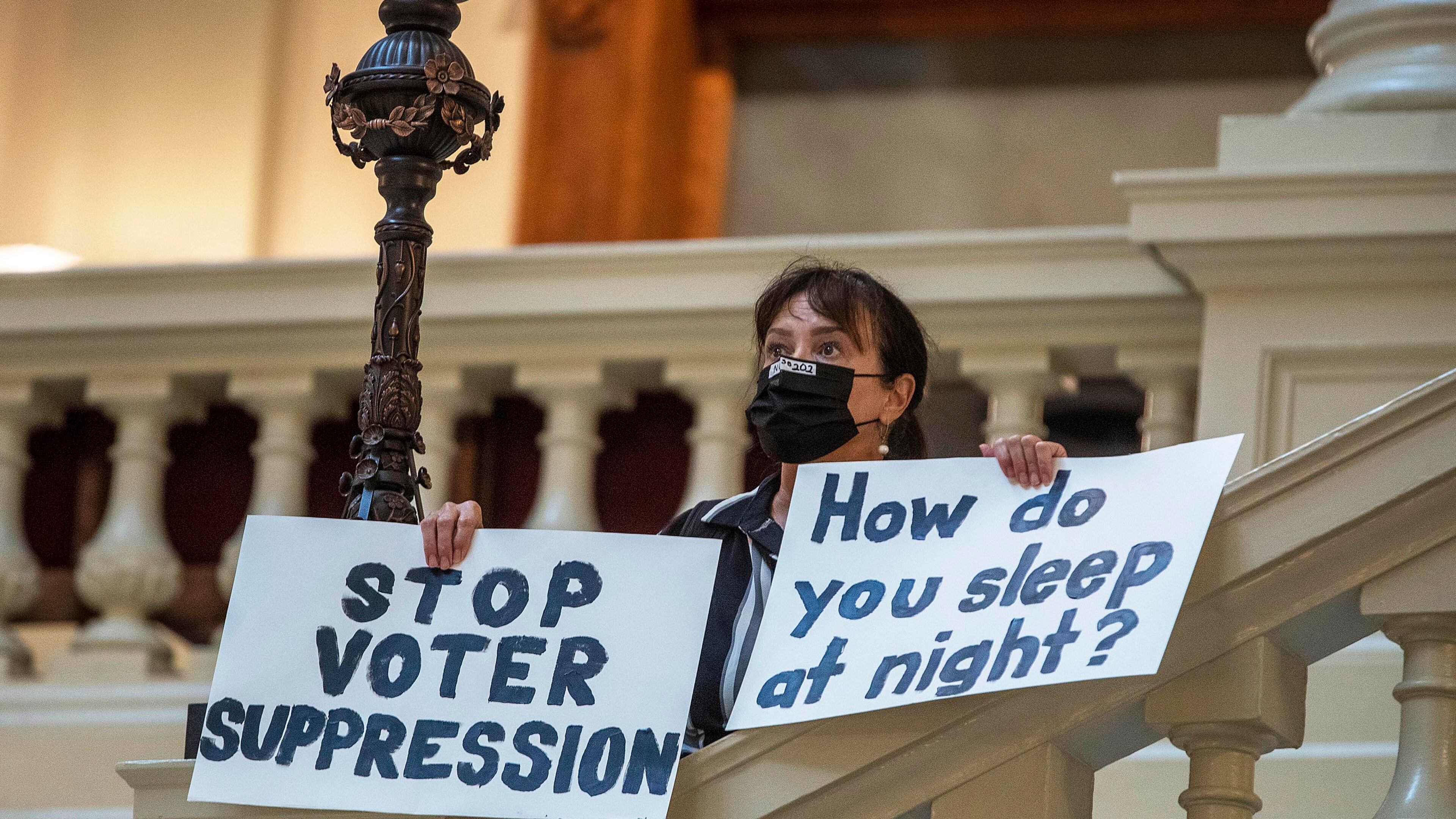Readers Write: Choice to boycott Home Depot is a poor one

Choice to boycott Home Depot is a poor one
I understand the sense of grievance and anger felt by faith leaders over passage of Georgia SB 202, and I agree with them. Where we part company is over the shortsighted boycott strategy adopted against Home Depot.
The bill became law not because Home Depot didn’t oppose it. Rather, it was because there was no concerted outcry from a business community coalition against it like there was against “religious liberty” law in 2016 that Gov. Deal ultimately vetoed. Recourse against SB 202 now is only through the courts, not boycotts.
Singling out Home Depot, already involved in many communities it serves, is counterproductive. The boycott has the appearance of a shakedown of Home Depot for legal fees. The strategy is a poor choice and the optics are awful.
RICH LAPIN, DUNWOODY
Make neighborhoods safer by investing in them
Instead of focusing on how to make our neighborhoods safer, why not focus on making them more humane (”How to make our neighborhoods safer,” Opinion, April 25)? The poor, people of color, the vulnerable – not the affluent – suffer the most from violent crime.
Crime is predominantly happening in neighborhoods where policing is an issue and poverty and injustice are rampant. We would do better to invest in these neighborhoods with the Four Rs: Resources, Representation, Respect, and Rights upheld.
As Michael W. Waters says succinctly, “The root of America’s crime problem is poverty.” In 1968, the Kerner Commission implicated white society and white institutions for creating segregation and poverty which gives rise to crime.
We European-Americans have long avoided taking responsibility for our actions around racism and poverty creation, wanting instead to blame and police Black people for crime. White America needs to take responsibility, be held accountable, and fix the core of the problem: our own crimes.
M. CATHY HARMON-CHRISTIAN, STONE MOUNTAIN


